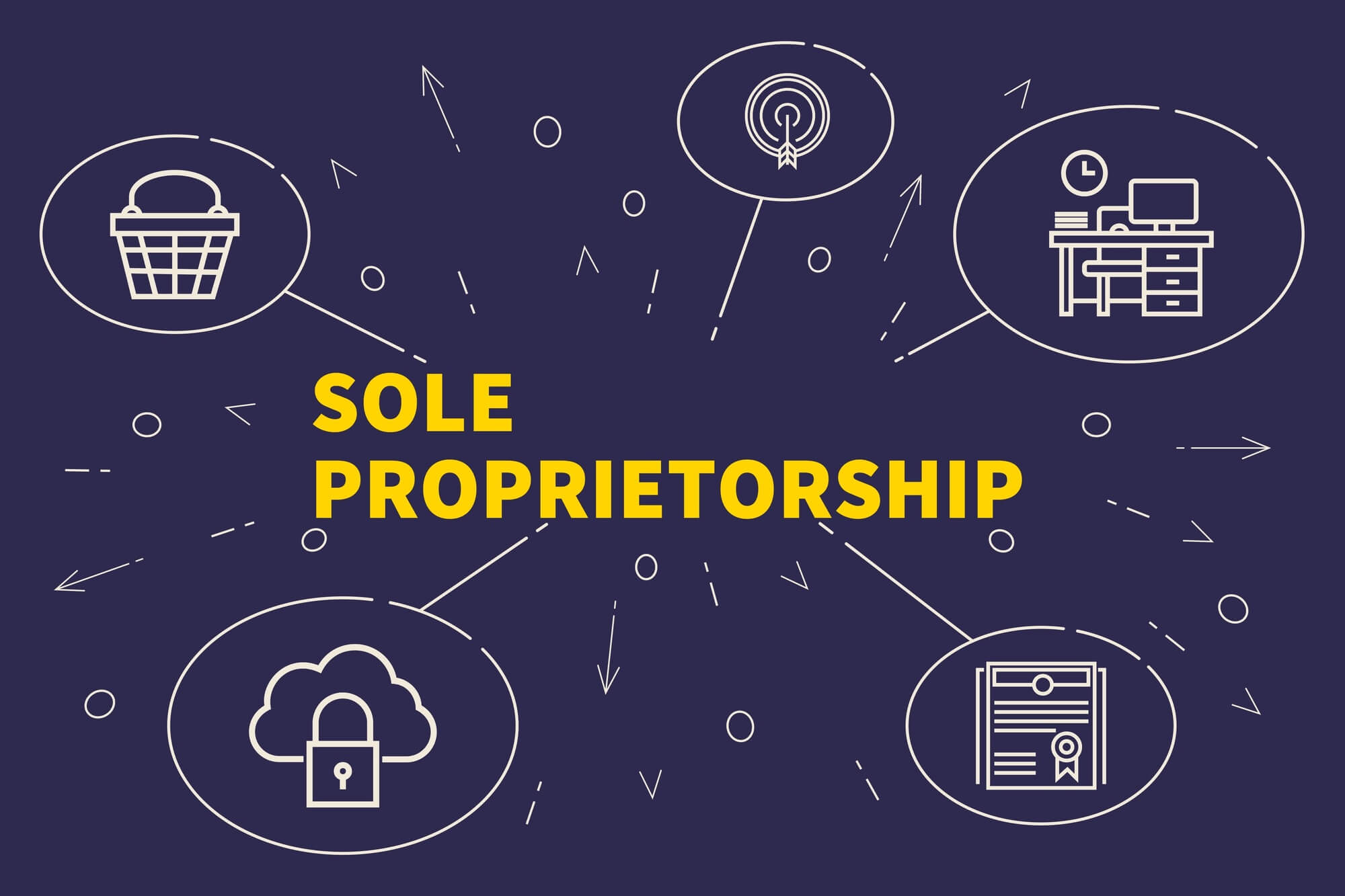In an ever-evolving economic landscape, aspiring entrepreneurs often grapple with the question: What is the safest business to start? While no venture is entirely devoid of risk, certain industries and business models offer a more secure foundation for new entrepreneurs. This article delves into various sectors that present lower risk profiles, examines the factors contributing to their safety, and provides actionable insights for those looking to embark on their entrepreneurial journey.
Understanding Business Safety: Key Factors
Before identifying specific business types, it’s essential to understand the factors that contribute to a business's safety. These include:
- Market Demand Stability: Businesses that cater to essential needs or services tend to have more stable demand. Industries such as healthcare, food, and education often remain resilient during economic downturns.
- Low Startup Costs: Businesses that require minimal initial investment reduce financial risk. Lower overhead allows for more flexibility and less pressure to achieve immediate profitability.
- Regulatory Environment: Industries with clear regulations and support from government bodies can offer a safer environment for new businesses. Understanding compliance requirements can mitigate legal risks.
- Scalability: Businesses that can grow without a proportional increase in costs often present a safer investment. Scalable models allow for increased revenue without a corresponding rise in risk.
- Diversification Opportunities: Businesses that can diversify their offerings or customer base can better withstand market fluctuations.
Safe Business Ideas for 2025
- Online Education and Tutoring Services
The shift towards remote learning has created a robust market for online education. With the increasing demand for skill development and academic support, starting an online tutoring service or educational platform can be a low-risk venture. The initial investment is relatively low, primarily requiring a website and marketing efforts. Furthermore, the scalability of online courses allows for significant growth potential.
- Health and Wellness Coaching
As society becomes more health-conscious, the demand for wellness coaching is on the rise. This business can be started with minimal investment, often requiring only certification and marketing. The ongoing trend towards preventive healthcare ensures a steady stream of clients. Additionally, wellness coaching can easily be expanded into related areas such as nutrition consulting or fitness training.
- E-commerce and Dropshipping
E-commerce continues to thrive, especially with the dropshipping model, which eliminates the need for inventory management. Entrepreneurs can start an online store with relatively low upfront costs, focusing on niche markets that cater to specific consumer needs. The flexibility and scalability of e-commerce make it a safe choice, particularly when leveraging platforms like Shopify or Etsy.
- Home Maintenance and Repair Services
With the rise in remote work, homeowners are investing more in their living spaces. Starting a home maintenance or repair service can be a secure business option, as these services are often in constant demand. The initial investment can be low, especially if you start with basic tools and skills. Moreover, this business can expand into various areas, including landscaping, plumbing, and electrical work.
- Digital Marketing Agency
As businesses increasingly shift their focus online, the demand for digital marketing services has surged. Starting a digital marketing agency can be a low-risk venture, especially if you have expertise in SEO, social media, or content marketing. The scalability of this business model allows for the addition of services and clients without significant overhead costs.
Mitigating Risks in Your Business Venture
While the aforementioned business ideas present lower risks, it is crucial to implement strategies to further mitigate potential challenges:
- Conduct Thorough Market Research: Understanding your target audience and market trends can help you tailor your offerings and avoid common pitfalls.
- Create a Solid Business Plan: A well-structured business plan outlines your goals, strategies, and financial projections, providing a roadmap for success.
- Build a Strong Online Presence: In today’s digital age, a robust online presence is essential. Invest in a professional website and utilize social media to reach your audience effectively.
- Network and Seek Mentorship: Connecting with experienced entrepreneurs can provide valuable insights and guidance, helping you navigate challenges more effectively.
Conclusion
While the question of What is the safest business to start? does not have a one-size-fits-all answer, several industries and business models present lower risks for aspiring entrepreneurs. By focusing on market demand stability, low startup costs, and scalability, individuals can identify ventures that align with their skills and interests while minimizing financial exposure. As you embark on your entrepreneurial journey, remember that thorough research, strategic planning, and adaptability are key to building a successful and secure business.


